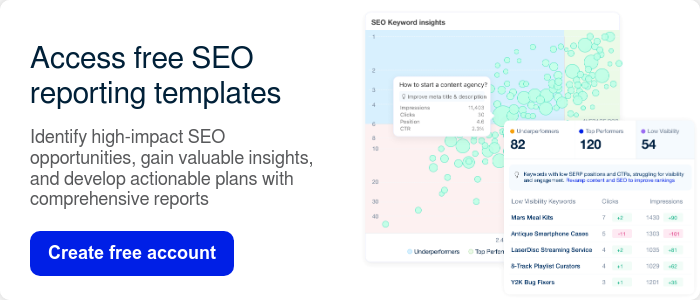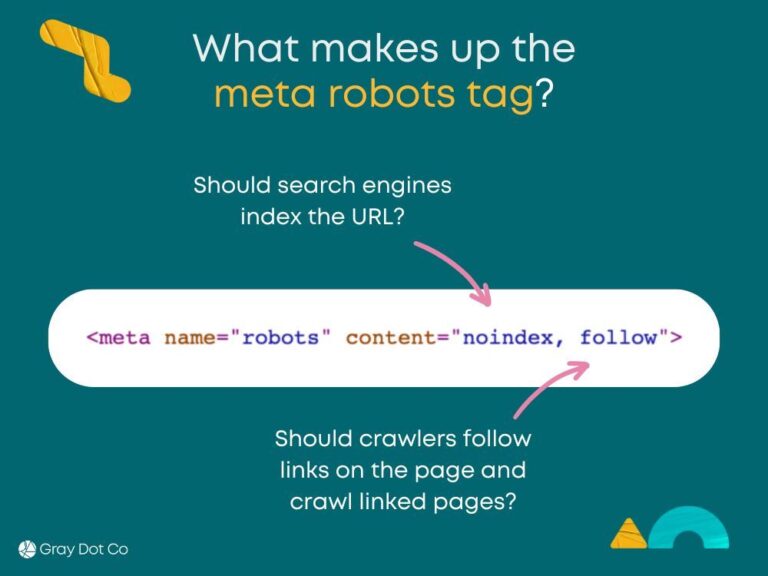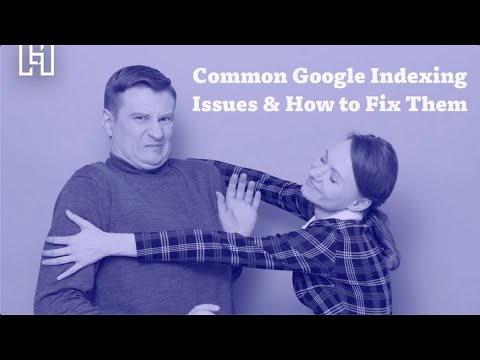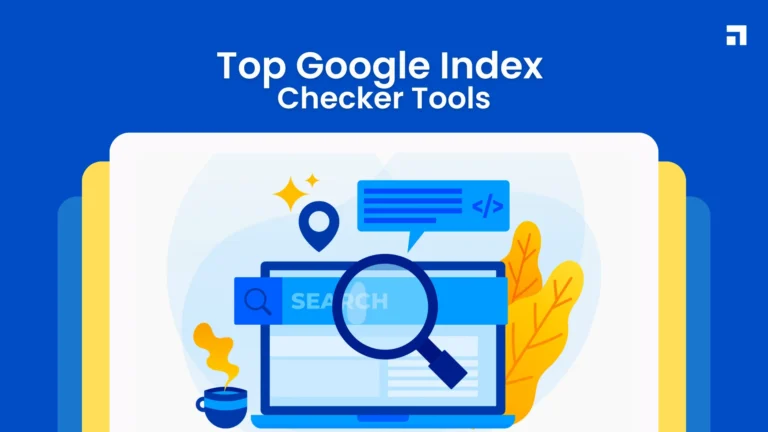To optimize for Google’s Passage Indexing, focus on creating high-quality, relevant content with clear headings and subheadings. Use targeted keywords strategically throughout the content to increase visibility and relevance in search results.
Optimizing your website for Google’s Passage Indexing involves creating content that answers specific user queries concisely and directly. Google’s Passage Indexing focuses on understanding and ranking individual passages of a page’s content, so structuring your content with clear headings and subheadings, using relevant keywords, and providing direct, valuable answers to user queries are essential for optimization.
We will explore effective strategies to optimize your website for Google’s Passage Indexing, helping you improve your search visibility and attract more organic traffic.
Optimizing Content For Passage Indexing
Welcome to our guide on how to optimize your website for Google’s Passage Indexing! In this section, we’ll delve into the crucial steps for optimizing your content specifically for passage indexing, ensuring that your website gains visibility and reach amidst the changing landscape of search engine algorithms.
Identifying Long-tail Keywords
Identifying long-tail keywords is a fundamental step in optimizing content for passage indexing. Long-tail keywords are specific, niche phrases that cater to the intent of users, thereby driving targeted traffic to your website. Integrate long-tail keywords seamlessly within your content to improve its relevance and alignment with user queries.
Formatting Content For Clarity And Relevance
Formatting content for clarity and relevance is essential for enabling passage indexing. Ensure that your content is structured in a coherent and logically organized manner, emphasizing subheadings, bullet points, and concise paragraphs to enhance readability. Emphasize relevant information and eliminate unnecessary fluff to streamline your content for passage indexing.
Improving User Experience
Improving user experience is crucial for the success of any website. It not only keeps visitors engaged but also encourages them to stay longer and explore more of your content. One of the key factors in enhancing user experience is optimizing your website for Google’s Passage Indexing. By doing so, you can ensure that your content is not only indexed but also ranked higher in search engine results pages (SERPs). In this section, we will discuss two important aspects of improving user experience – Enhancing Page Loading Speed and Implementing Mobile Responsiveness.
Enhancing Page Loading Speed
A slow-loading website can be frustrating for users and may result in high bounce rates. To enhance page loading speed, you can:
- Optimize image sizes by compressing them without compromising quality.
- Minify HTML, CSS, and JavaScript files to reduce their file sizes.
- Enable browser caching to store static files and reduce server load.
- Utilize Content Delivery Networks (CDNs) to deliver website content from servers closer to the user’s location.
Implementing Mobile Responsiveness
In today’s mobile-dominated world, having a mobile-responsive website is paramount. Here’s how you can ensure mobile responsiveness:
- Use responsive design frameworks like Bootstrap or Foundation.
- Optimize font sizes for easy readability on smaller screens.
- Ensure that menus and buttons are easy to tap and navigate.
- Test your website’s mobile performance using Google’s Mobile-Friendly Test tool.
By implementing these tactics to enhance page loading speed and implementing mobile responsiveness, you can improve user experience and make your website more user-friendly. When users have a positive experience on your website, they are more likely to engage with your content, stay on your site longer, and ultimately convert into leads or customers.
Remember, user experience optimization should be an ongoing process. Regularly assess your website’s performance, identify areas for improvement, and stay updated with the latest industry practices to keep your website optimized for Google’s Passage Indexing.
Technical Aspects To Consider
To optimize your website for Google’s Passage Indexing, focus on technical aspects like improving page load speed, utilizing schema markup, and creating high-quality, relevant content. Ensure your site is mobile-friendly and has clear, concise meta descriptions. Implementing structured data can also enhance your website’s visibility and indexing.
When it comes to optimizing your website for Google’s Passage Indexing, there are a few technical aspects that you need to consider. These elements can significantly impact how your content is indexed, ranked, and displayed in search engine results pages (SERPs). In this section, we will explore two important technical considerations: utilizing Schema Markup and optimizing Meta Tags and Descriptions.
Utilizing Schema Markup
Schema Markup is a structured data vocabulary that helps search engines understand the content on your website better. By implementing Schema Markup, you can provide search engines with additional information about your website’s content, such as the type of information, events, products, or services you offer. This can enhance the visibility of your website in search results and improve click-through rates.
Here’s an example of how Schema Markup can be used:
| Snippet of HTML Code using Schema Markup |
|---|
|
In this example, we are adding structured data to inform search engines that the content on our website is an article, providing details like the headline, publication date, author, publisher, and the main entity of the page. This additional information can help search engines better understand the context and relevance of your content.
Optimizing Meta Tags And Descriptions
Meta tags and descriptions are HTML elements that provide concise summaries of the content on your webpages. Optimizing these elements is crucial for improving the visibility and click-through rates of your website in search results. Here are a few tips to optimize your Meta Tags and Descriptions:
- Include relevant keywords: Incorporate targeted keywords in your Meta Tags and Descriptions to signal to search engines what your content is about.
- Keep it concise: Meta Tags and Descriptions should be brief and informative, ideally between 50 and 160 characters to ensure they display properly in search results.
- Write unique descriptions: Avoid duplicating Meta Descriptions across multiple pages. Each page should have a unique description that accurately represents its content.
- Include a call-to-action (CTA): Encourage users to click on your website’s link by including a persuasive CTA in your Meta Description, such as “Learn more,” “Discover now,” or “Get started.”
By implementing these optimizations, you can increase the chances of your webpages ranking higher in search results, attracting more organic traffic, and driving meaningful engagement on your website.
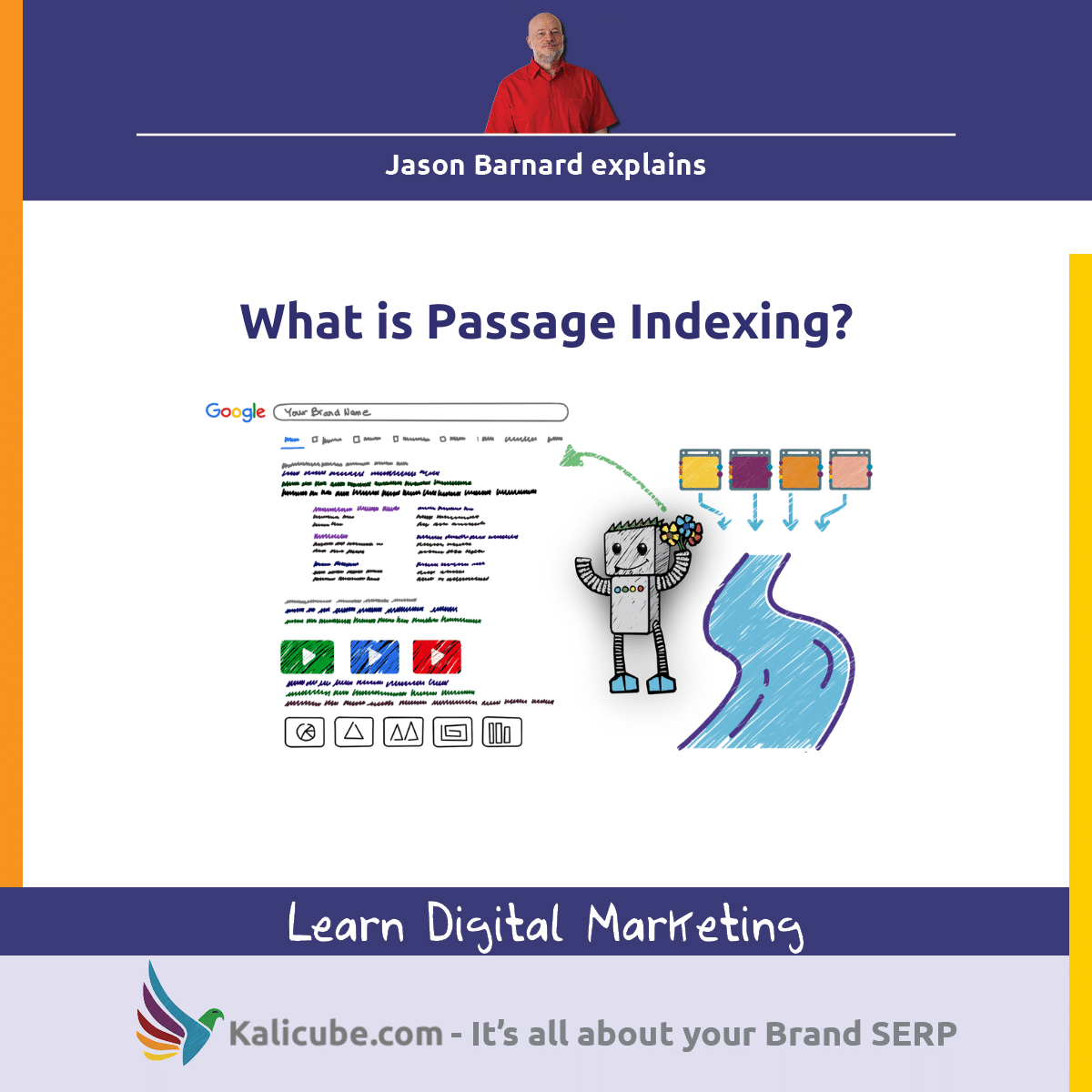
Credit: kalicube.com
Creating High-quality Backlinks
Creating high-quality backlinks is essential for optimizing your website for Google’s passage indexing. Backlinks from authority sites and avoiding spammy practices are crucial aspects to focus on when working on your website’s SEO strategy.
Earning Backlinks From Authority Sites
Earning backlinks from authority sites can significantly boost your website’s credibility and visibility in search engine results. When authoritative websites link to your content, it signals to Google that your site is a reliable and valuable resource.
- Produce original, relevant, and high-quality content that naturally attracts backlinks from authoritative sources.
- Engage with influencers and experts in your industry to encourage them to link to your content from their reputable platforms.
- Participate in industry-related events, guest blogging, and networking opportunities to build relationships and earn backlinks from authoritative sites.
Avoiding Spammy Backlink Practices
It’s crucial to steer clear of spammy backlink practices as they can have detrimental effects on your website’s search engine rankings and reputation. Google penalizes websites that engage in manipulative or low-quality link-building tactics.
- Avoid purchasing backlinks from dubious sources as this can harm your site’s reputation and result in penalties from search engines.
- Monitor your backlink profile regularly to identify and disavow any toxic or irrelevant links that could potentially harm your website’s SEO performance.
- Foster genuine and organic link-building efforts by creating valuable, shareable content that naturally attracts high-quality backlinks over time.
Utilizing Social Media Presence
When it comes to optimizing your website for Google’s Passage Indexing, one effective strategy to consider is Utilizing Social Media Presence. Social media platforms can play a crucial role in driving organic traffic to your website and improving search engine visibility.
Engaging With Followers
Engaging with followers on social media not only helps build a loyal audience base but also indicates to search engines that the content you share is valued by users.
Sharing Valuable Content
Sharing valuable content on social media can increase the chances of it being discovered and shared by a wider audience, boosting your website’s overall relevance and authority.

Credit: rhythmagency.com
Monitoring And Analyzing Performance
To enhance your website’s Google indexing, monitoring and analyzing performance is vital. By optimizing your site’s speed, content quality, and user experience, you can improve search engine visibility and attract more organic traffic. Monitoring metrics like page load times, bounce rates, and keyword rankings can help you continually refine your strategies for better search engine performance.
Tracking Keyword Rankings
Stay updated on how well your targeted keywords are performing.
Analyzing Traffic And Conversion Rates
Gain insights into the effectiveness of your website traffic and conversions.
Understanding how your website is performing can help you make informed decisions.
To effectively optimize your website for Google’s Passage Indexing, you need to monitor and analyze its performance regularly.
Here are some key ways to do this:
– Tracking Keyword Rankings: Keep an eye on the keywords that are bringing traffic to your website.
– Analyzing Traffic and Conversion Rates: Understand how many visitors your site receives and how many of them are converting.
By staying informed on these metrics, you can make data-driven decisions to enhance your website’s visibility and performance.
Staying Updated With Google’s Algorithm
Stay ahead by keeping up with Google’s algorithm updates for optimal website performance in search results. Elevate your site’s visibility through efficient indexing strategies for improved search engine rankings.
Following Google’s Webmaster Guidelines
When it comes to optimizing your website for Google’s Passage Indexing, staying updated with Google’s algorithm changes becomes even more crucial. Following Google’s Webmaster Guidelines should be your top priority to ensure your website stays in line with Google’s updated requirements. These guidelines serve as a roadmap for webmasters, providing valuable insights into what Google expects from websites in terms of quality and relevance.
To adhere to Google’s guidelines, make sure your website has clear and concise content that is easy for both users and Google’s crawler bots to understand. Use relevant and descriptive keywords that accurately reflect the content on each page. Additionally, ensure your website has a clean, user-friendly design with a logical site structure, making it easy for users to navigate.
Implementing proper meta tags is also essential. This includes writing unique and compelling meta titles and descriptions for each page, incorporating relevant keywords to improve visibility in organic search results. By following these guidelines, you can create a strong foundation for your website’s search engine optimization (SEO) efforts.
Adapting To Algorithm Changes
As Google’s algorithm is constantly evolving, adapting to algorithm changes is crucial for maintaining a competitive edge in search engine rankings. Google regularly updates its search algorithms to enhance user experience and deliver the most relevant and high-quality content to users.
To adapt to these changes effectively, it’s vital to stay informed about Google’s algorithm updates. Monitor industry-leading blogs and websites that provide timely updates on algorithm changes and their potential impact on websites. By doing so, you can proactively adjust your website’s SEO strategies to align with the latest algorithm updates.
Moreover, analyze your website’s data regularly to identify any potential drops or fluctuations in rankings and traffic. If you notice any significant changes, investigate whether they coincide with any recent algorithm updates. This analysis can help you determine if any adjustments are needed to regain lost rankings or maintain your current organic visibility.
Continuously improving your website’s content is also important to stay ahead of algorithm changes. Regularly update and expand your content to ensure it remains relevant and valuable to your target audience. By providing fresh and engaging content, you not only cater to users but also meet Google’s standards for delivering high-quality content.
By staying up-to-date with Google’s algorithm and adapting your SEO strategies accordingly, you can position your website for long-term success in organic search rankings.

Credit: seosly.com
Frequently Asked Questions Of How To Optimize Your Website For Google’s Passage Indexing
How Do I Optimize My Website For Google Search?
To optimize your website for Google search, focus on keyword research, create high-quality content, optimize website speed, use meta tags, and improve user experience. Follow Google’s guidelines and regularly monitor and update your site for better search visibility.
How Will You Optimize Your Website To Ensure You Capture Traffic In Google?
To optimize your website for Google traffic, focus on keywords, meta tags, and quality content. Include relevant keywords in your title tags, meta descriptions, headers, and throughout your content. Create unique, valuable content that provides a good user experience. Ensure your website loads quickly, is mobile-friendly, and has a good internal linking structure.
Submit a sitemap to Google and build high-quality backlinks to improve your search engine rankings.
How To Collaborate With Google So As To Optimize Your Website?
To optimize your website in collaboration with Google: 1. Use keywords relevant to your content in your website’s title, headings, and meta tags. 2. Publish high-quality and original content regularly. 3. Improve site speed and mobile-friendliness for better user experience. 4.
Build quality backlinks from reputable websites. 5. Utilize Google Search Console to monitor site performance and fix any issues.
What Is Google’s Passage Indexing?
Google’s passage indexing allows the search engine to understand and rank specific passages within a webpage. It focuses on the relevance of individual passages to the search query, improving the accuracy of search results. This benefits users by providing more precise and targeted information.
My Words
Incorporating Google’s passage indexing into your website can greatly enhance your SEO efforts. By focusing on user intent and delivering concise, relevant content, you can improve your website’s visibility in search results. With these strategies in place, you can better connect with your target audience and drive organic traffic to your site.

